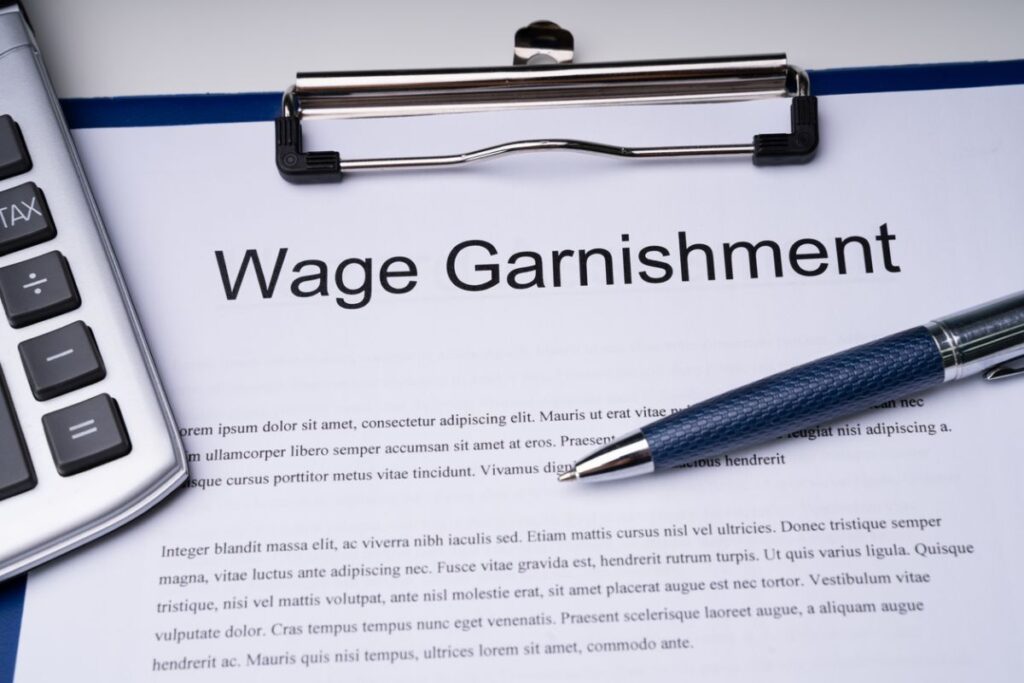If you are already struggling with debt in Tennessee, nothing could be worse than receiving a notification that the court has granted a wage garnishment to a creditor. Forced payments from your already inadequate income can only exacerbate your financial problems. It will become harder to pay other creditors and cover basic living expenses.
Can you fight a wage garnishment in Tennessee? You can, and Fitzgerald & Campbell, APLC in Franklin, can help.
What Is a Wage Garnishment?
A wage garnishment is “a tool that debt collectors can turn to if you can’t pay back a debt. If approved by a court, the creditor could request that a specific amount be taken from your paychecks or your bank account to pay down the debt over time.”
If you have received a notice of wage garnishment from your employer, you need to be aware of your rights and how you can fight them. Time is a factor because your employer must reply to the court to verify your employment and provide your wage information. They are required to submit garnished funds from your pay every 30 days.
Under Tennessee state law (TN Code § 26-2-106 (2021)), the maximum that may be garnished from your weekly wages is 25% of your disposable or after-tax earnings.
Some types of debt allow for different garnishments, such as:
- Unpaid child support or alimony may cause a garnishment of up to 60% of your disposable income, plus an additional 5% if your payments are over 12 weeks in arrears.
- Federal student loans may trigger a wage garnishment of up to 15% of your disposable earnings.
- Unpaid federal income taxes can cause various percentages of wage garnishment according to your filing status and number of dependents.
Fighting Wage Garnishments in Tennessee
Tennessee Debt Defense Attorney from Fitzgerald & Campbell, APLC, can help you fight a wage garnishment if you have already been served notice. Here are some strategies we can employ.
File Exemption Claims
Protecting some or all your wages is possible by filing an exemption claim. All income from public assistance or welfare is protected by law and cannot be garnished to pay debts. This includes disability or social security benefits, veteran’s benefits, welfare benefits, pensions, child support payments, or unemployment benefits.
- Child support may be garnished from unemployment benefits.
- Payments for alimony, child support, or taxes may also be garnished from disability and retirement benefits.
Your Debt Defense Attorney in Nashville can help you determine if your income qualifies for an exemption or if a previous wage garnishment is already in effect and would cause even more significant financial hardship.
Filing this claim will likely trigger a hearing where your attorney can demonstrate that the claim is valid and that the garnishment would harm your ability to meet your family’s needs. If the judge agrees the exemption applies to you, they will order a reduced amount to be garnished from you or for the wage garnishment to stop completely.
Challenge the Garnishment
When you receive a judgment that issues a wage garnishment, the court must provide documentation about the debt and the creditor. You should examine this information closely you see if you owe the debt. Instructions are provided with the documentation for how to challenge any debts and garnishments you believe to be invalid.
Time is essential because everyone operates on strict deadlines for filing and verifying information and garnishing your wages. A Memphis Debt Defense Attorney can help you understand what is involved and investigate suspicious debts or creditor claims.
File for Bankruptcy
A legal bankruptcy filing in Tennessee can end a wage garnishment. This option is only for some and comes with some significant consequences you may be able to avoid by choosing other courses of action. If you’re considering bankruptcy, consult Fitzgerald & Campbell, APLC first. We can help you without taking such drastic steps.
Call Fitzgerald & Campbell, APLC in Franklin, at 615-845-4595 or complete the online contact form requesting a consultation.






